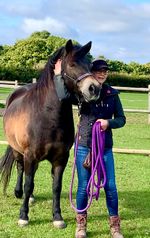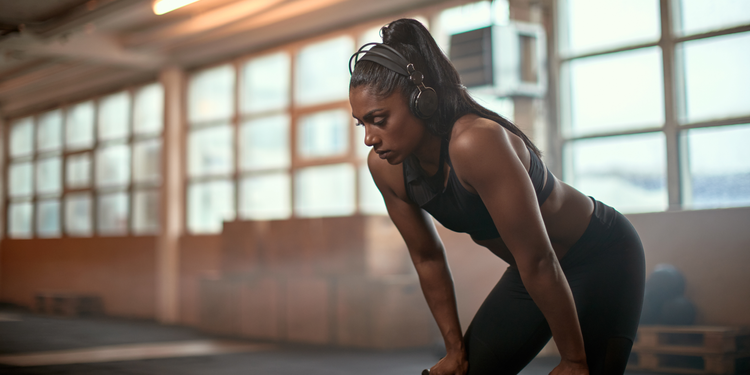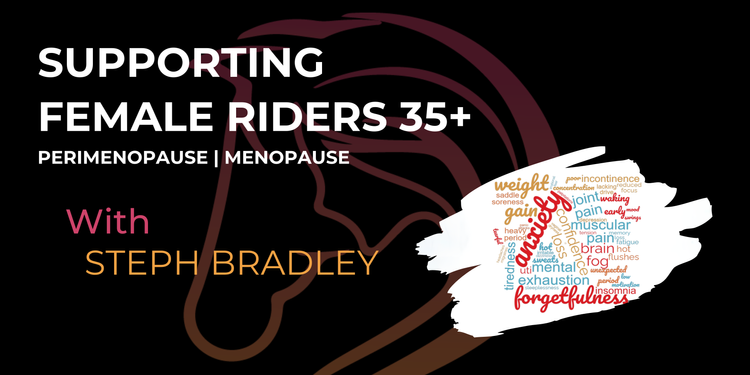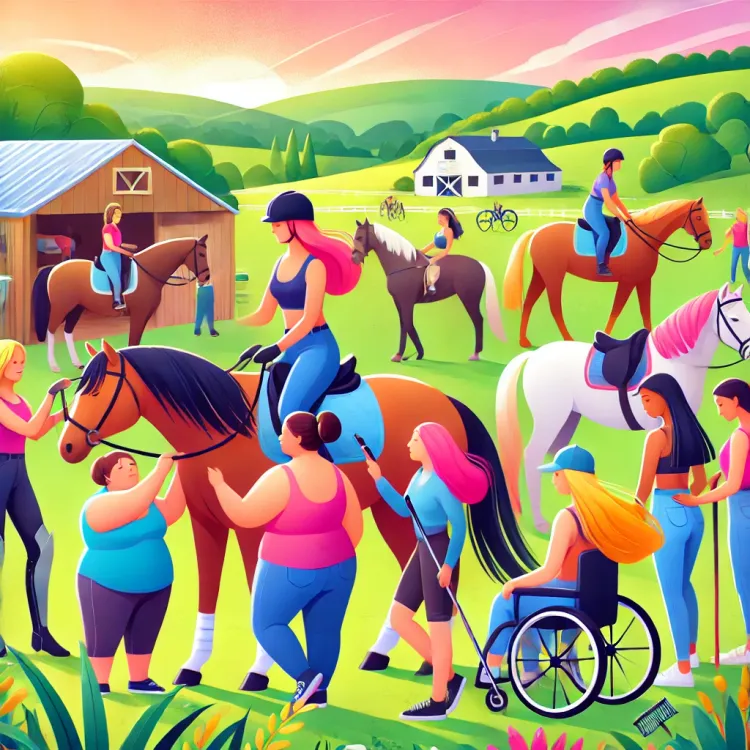An Interview with Lynn Acton
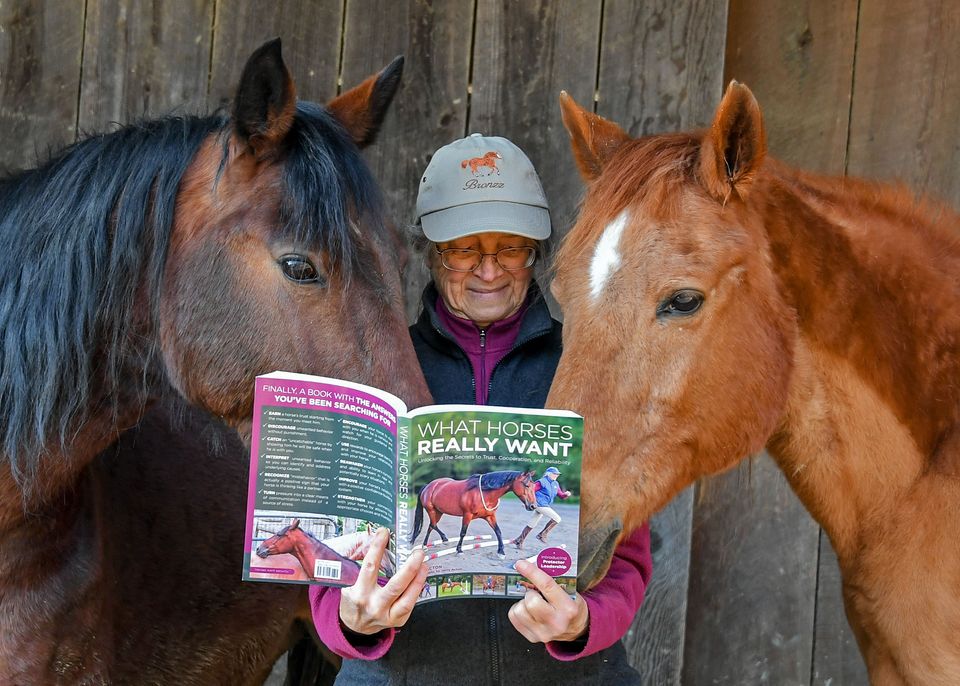
Lynn Acton lives in New York and is author of What Horses Really Want. A wealth of knowledge in the horse industry along with degrees in sociology and systems science under her belt. And a certified Horsemanship Association coach teaching both English and Western riding.
With her beautiful Arab horse Bronzz, Lynn was crowned 2018 Equagility World Champion.
A real honour and privilege to have interviewed Lynn.
1). In a few words describe yourself and what you do:
I’m a Certified Riding Instructor and author of “What Horses Really Want: Unlocking the Secrets to Trust, Confidence, and Reliability”. I have an active Facebook page and blog where I explore topics related to horses’ intelligence, emotions, behavior and our relationships with them.
2). How did you get started with horses?
I was obsessed from the time I knew what a horse was, and always read everything I could find. Through my teen years, I earned riding privileges by doing chores for a horse dealer and working with horses who had behavior problems. It was a unique education.
3). What inspired you to write "What Horses Really Want" ?
My horses did, especially Brandy, my “cover girl”. Her previous trainer had used dominance-based methods that back-fired badly, as they do on many horses. He wrote her off as dangerous. I had nothing to lose by trying a radically different approach. I focused on helping Brandy feel safe with me. Soon she was coming when I called her, running to me when she was scared, and competing in Horse Agility. Then my grandchildren did Agility with her. Now she’s my “teaching assistant”, helping me introduce adults and children to good horsemanship.
Research told me that my “make her feel safe” approach has been used successfully for centuries, but hardly anyone explained how to do it. There is no drama in it, and no special gear to buy.
It’s not a training method. It’s a relationship built on trust.
I call it Protector Leadership because being the horse’s protector is what makes it work. I wanted to describe it in a way that anyone can do it, starting the minute you meet a horse.
4). Did you change the way you related to other horses?
Yes! My own horses illustrate how being a Protector Leader can improve your relationship with any horse. Bronzz, my zany Arabian, is supremely self-confident. He was never treated badly. But as I got quieter and more patient, he acted happier to see me, more interested in being with me. My husband’s mare Shiloh became less tense and reactive.
The most dramatic change was in our palomino Sapphire, a “dominant” mare who had scared people everywhere she lived. As I acted less dominant, she got less defensive, and more cooperative. We saw that her “dominance” was more like bravado covering up sensitivity and anxiety.
5). In your opinion, what is the biggest problem in the horse world?
Too much focus on what we want from horses and not enough on what they need from us. Conventional training typically focuses on techniques and performance; obedience is the measure of success. What the horse thinks or feels is often overlooked. Is he calm, confident, trusting? Or, anxiously wishing he could be somewhere else?
Happily, this is changing. The dominant approach to horsemanship has been disproved over and over. People are recognizing that safety and social bonds are more important to horses than rank and women are at the forefront of this change. Women researchers are studying how horses think, feel, and behave. Women trainers are modeling how to apply this information so we can engage horses’ innate intelligence, foster positive emotions and build better bonds. More and more people are recognizing that when we meet horses’ emotional needs, we not only improve their welfare but they perform more reliably.
6). In your opinion, what is the biggest challenge being a female in the equine industry and how can this be overcome?
Being taken seriously. It is easy to attract attention by featuring horses who buck, rear and threaten people, but good horsemanship involves little drama. Many capable horsewomen with excellent credentials are overlooked because they know how to avoid provoking those behaviors in the first place. Yet a man with a cowboy hat, jeans, and a big buckle is instantly assumed to be an expert on horses!
Women are often told they don’t know what they are doing, when in fact, their own common sense, empathy and intuition are a sound basis for a reliable partnership.
My advice is trust yourself and trust your horse. Remember that anyone who tries to make you feel foolish or incompetent is not there to help you.
Be willing to say “no” to anything that feels wrong for you or your horse, even if that person has, or appears to have, more technical skill than you do.
Look for role models, mentors, and friends who put a priority on horse welfare, and believe in your success.
This interview was brought to you by Claire Artis and we want to thank both Lynn and Claire for taking the time to share this with Equitas.


